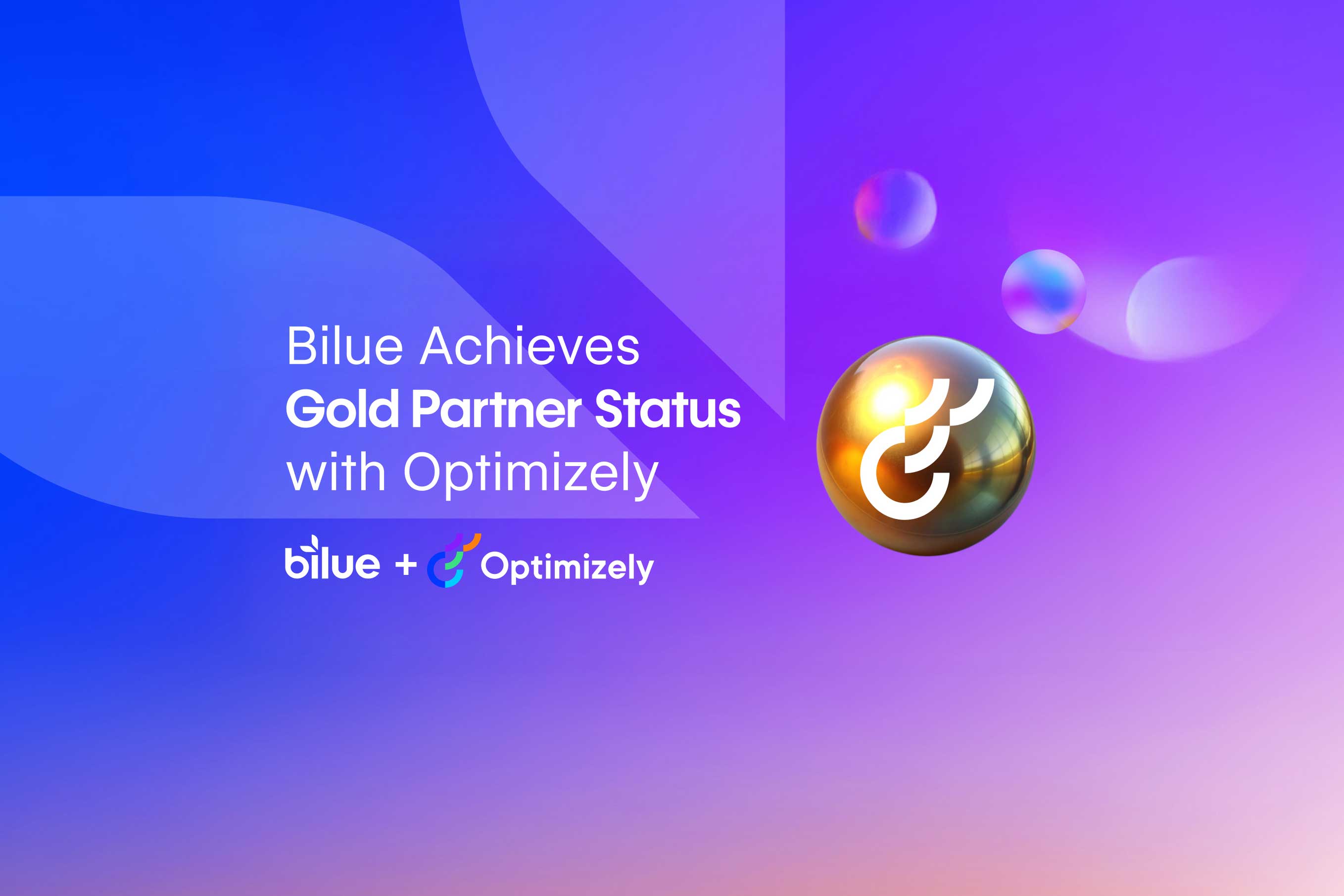Are you looking for innovative ways to outsmart your competition?
Native apps offer the best user experience, enabling you to connect with your audience in ways that exceed traditional methods of engagement. Not only can they help you generate leads, but they also give you access to real-time analytics, which can be invaluable in staying ahead of the pack. In this blog post, we'll look at how native apps work, why they're so beneficial for businesses like yours, and some strategies for using them effectively. By understanding the fundamentals behind native app development and utilising these tools strategically, your brand will stay one step ahead of everyone else!
What are Native Apps?
Native apps are software applications developed specifically for mobile platforms like iOS and Android and are designed using platform-specific programming languages and development tools. For example, iOS apps are developed using Swift and Xcode, while Java and Kotlin are used for Android apps. Native apps can access a device's hardware components, such as the camera, microphone, and GPS, allowing for a wide range of versatile functionality.
By taking advantage of platform-specific capabilities such as GPS tracking and push notifications, developers can create immersive, contextually-aware experiences that enhance user productivity and efficiency. This has made native apps a go-to choice for millions of users, as they offer unparalleled convenience and functionality, from managing finances to accessing critical information like store hours and contact details. To stay ahead of the competition, businesses must recognise the transformative potential of native apps and harness their power to drive innovation and growth.

Researching Your Competitors' Native Apps
Researching competitor moves can involve keeping tabs on app store reviews, evaluating usage metrics, and actively testing out the available features. It's important to approach this with a refined strategy; rather than simply collecting data for data's sake. It pays off to commit resources to decoding metadata and understanding user experiences so that you can synthesise valuable insights into how changes in your own product or services may need to be made. With diligent competitor research, you’ll be able to observe how they tweak their products and processes over time, better understanding what users expect from similar digital experiences.
Developing a Native App
With the emergence of mobile technology, developing native apps for various platforms has become increasingly necessary for businesses and individuals. Native apps offer exceptional user experiences that can only be found on their respective platforms; from a highly customisable Android interface to an intuitive iOS environment, developing native apps requires creativity and skill. Whether you need a dynamic app for your business or a customised solution to fit unique needs, native app development is the most efficient way to get the job done.
Android & iOS
Deciding between building a native Android app or an iOS version can be tough, but there are some things to consider that may help you make the best choice. If your target audience usually uses Android devices, requires hardware features found in many of these gadgets like micro SD slots and IR blasters, or needs extra customisation controls over appearance and function - then choosing native to the platform is likely your best bet! On top of this, it'll also easily integrate with Google services like Maps & Assistant too.
If your target audience primarily uses iOS devices, it may be necessary to develop an iOS app to effectively reach them. Additionally, developing an iOS app can allow you to take advantage of the unique capabilities of Apple devices such as the iPad and Apple Watch. If your app needs to integrate with Apple Pay, Siri, or CarPlay, an iOS app may be the way to go. Finally, if you want to stay on the forefront of mobile technology and access cutting-edge features such as widgets, developing an iOS app can be a smart choice.
Leveraging Your Native App's Strengths
Native mobile apps offer an array of advantages for businesses and users alike. With native apps, businesses can create unique experiences for their customers, create more powerful user interfaces, and benefit from native device features. For example, weekly push notifications play a huge role in app retention, with a 3x increase in iOS and a 6x increase in android devices. Companies are also able to incorporate existing systems and data into their native app experiences in order to build synergy across their entire product suite. Native app performance is further improved through the use of hardware acceleration and faster connection speeds. Embedding native device capabilities along with access to content or data offline is also part of the appeal of native apps. Leveraging native application strengths is becoming a must-have in today’s increasingly digitalised world.
As the world moves towards ever-greater digital utilisation, native apps have become predominant platforms for businesses to reach potential customers. Identifying opportunities for improvement can give businesses a competitive advantage by introducing new methods of customer engagement and providing creative solutions to rising issues. Companies looking to perfect their native apps need to analyse how their customers interact with their products, discover areas that could be improved upon, and develop plans for optimisation.

Drawbacks of Native Apps
Native app development can be a costly and time-consuming process for businesses. Developing native apps requires specialised developers for each operating system, which can add to the overall expenses. Additionally, since each operating system has its own programming language, the development process can take longer. Another potential downside to building native apps is the limited reach they may offer, especially if a business chooses to develop an app for a specific operating system. It's important to carefully evaluate the pros and cons of each option and choose the approach that best aligns with your business goals and budget.

Building Your Native App's Competitive Edge
Creating native apps for mobile devices is an excellent way to stay competitive in the tech-driven world of today, but it can be tricky to know what makes your native app stand out from the competition. To ensure your native app is one step ahead, focus on making sure that its features are innovative, user-friendly, and easily accessible. It's important to test different native app functions and prioritise feedback from users so you know how to make changes that will really capture their attention. Investing in native app development is a great way to gain a competitive edge.
Monitoring and adapting to your competitors is an important component of running a successful business. Keeping track of the latest technologies available and innovations your competing companies are implementing can give you the edge to stay ahead in the game. For example, native apps have become increasingly popular for businesses through providing a better user experience compared to web apps, so watching what native app solutions your competitors are using can be quite beneficial. Monitoring and adapting in this way can help you better align with the constantly changing needs of the market.
It is essential to consider the competitive landscape when creating or enhancing a native app. To build and maintain a competitive edge, one needs to be strategic and keep an eye on their competitors. Be sure to undertake thorough research, identify your app’s weak points, capture opportunities for improvement, and continuously monitor and adapt according to the competitive environment. By leveraging such an approach, business owners can save themselves time and money while setting their products up for success. Ultimately, understanding the power of native apps will help your workflow become as efficient and effective as possible.
Over the past decade, Bilue has designed and built premium-grade apps for some of Australia's top companies on both iOS and Android platforms. Our in-house development team has extensive expertise in Swift (iOS), Kotlin (Android), React Native, and Flutter. Contact us today to see how we can take your digital presence to new heights.
















